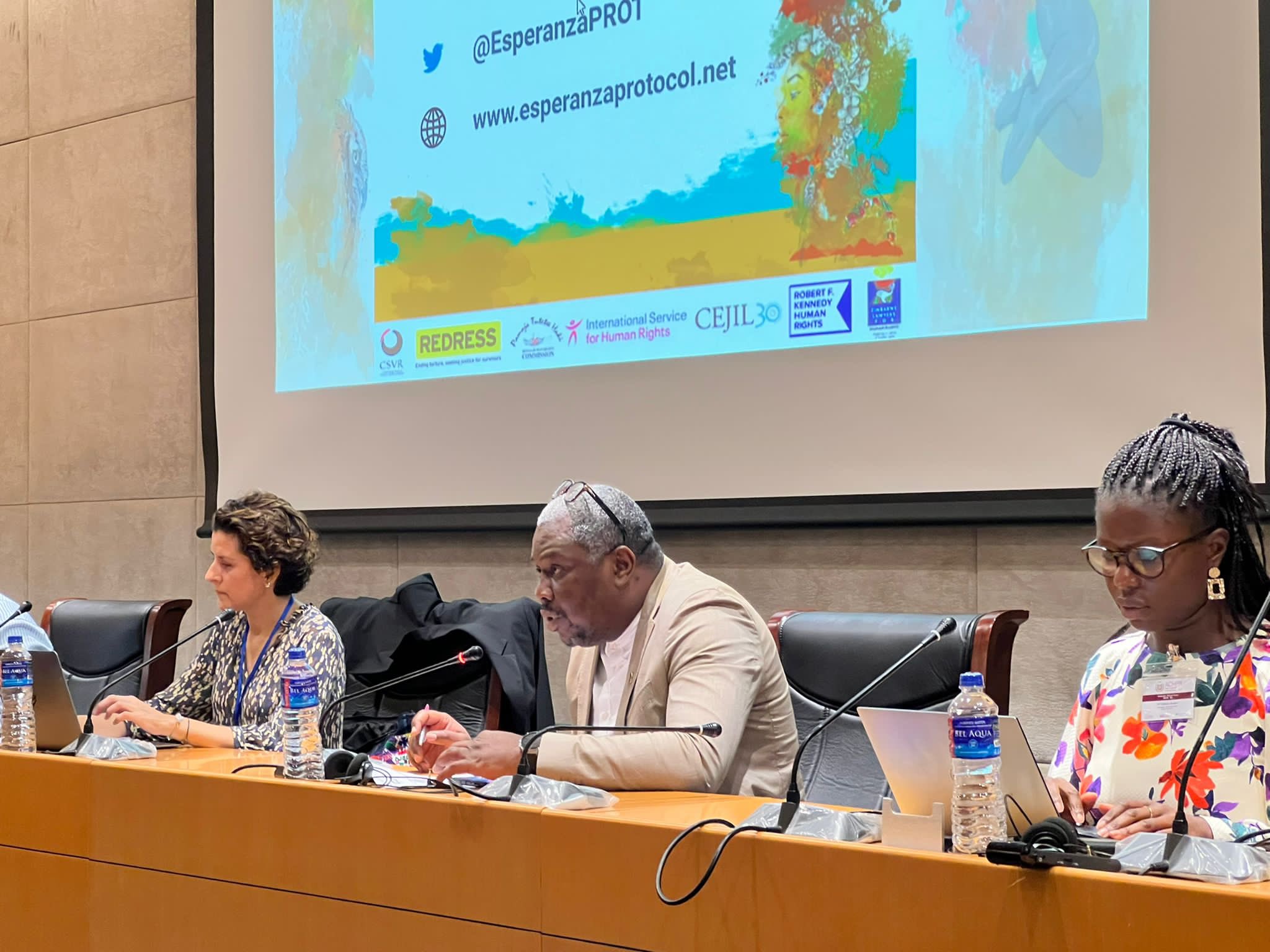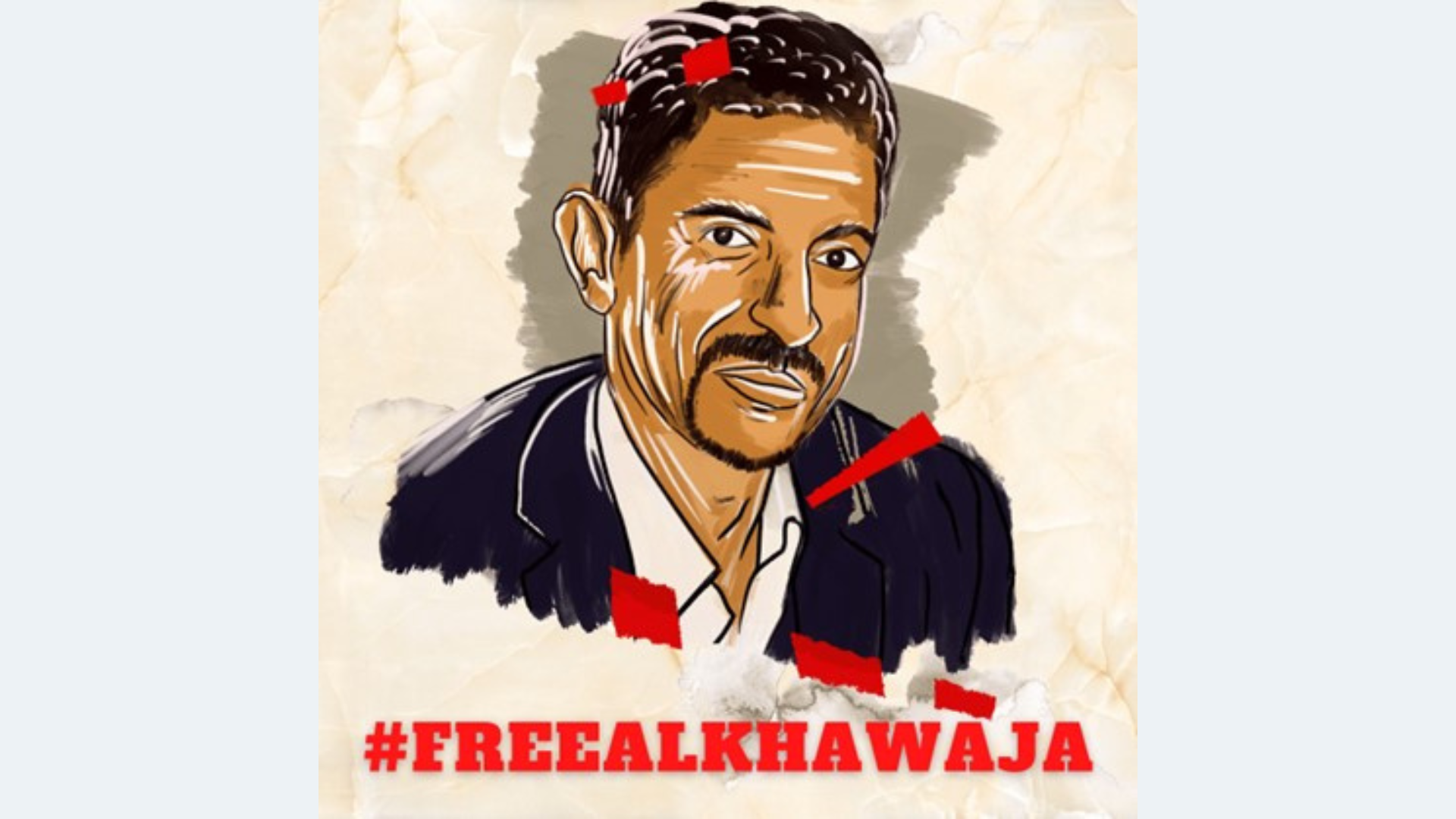In December 2021, more than 20 human rights organisations from around the world and more than 30 experts in international law, human rights law and criminal law, including current and former UN and OAS rapporteurs, launched the Esperanza Protocol.
“The Esperanza Protocol is an international tool that promotes an effective response to threats against human rights defenders. The Protocol provides a roadmap for establishing public policies to effectively address threats, as well as guidelines to States for diligent criminal investigation” introduced Alejandra Vicente, Head of Law at REDRESS.
The side event focused on the importance of instruments such as the Esperanza Protocol, which includes considerations of international human rights law that must be considered when responding to threats against human rights defenders, including key aspects of the legal analysis of threats, public and criminal policy considerations, and the evaluation of due diligence in the investigation, prosecution, punishment, and reparation of threats against human rights defenders.
“Too often, threats are used to silence human rights defenders. It has a direct impact on their rights and can lead to extensive moral and psychological harm,” said Commissioner Remy Ngoy Lumbu, ACHPR Special Rapporteur on human rights defenders and focal point on reprisals.
The side event was the opportunity to introduce the Esperanza Protocol to States, human rights defenders and international organisations working with grassroots organisations and defenders that are victims of threats. It provided a space for discussion on the need to effectively investigate, prosecute, and punish threats against human rights defenders and understanding threats as a pressing and serious human rights issue that usually goes unpunished globally.
“The guidelines provided by the Protocol to promote an adequate response to threats against defenders align with ISHR’s work to strengthen legal frameworks for the protection of human right defenders. Strengthening legal frameworks must be seen as having two key elements: developing laws, policies and protocols for the protection of defenders, as well as amending or repealing laws which restrict the rights of defenders,” added Adélaïde Etong Kame, ISHR Africa Programme Manager.
To conclude, all attendees and panellists expressed their pleasure in participating in this conversation and committed to further discuss an implementation and dissemination strategy for the Protocol.




